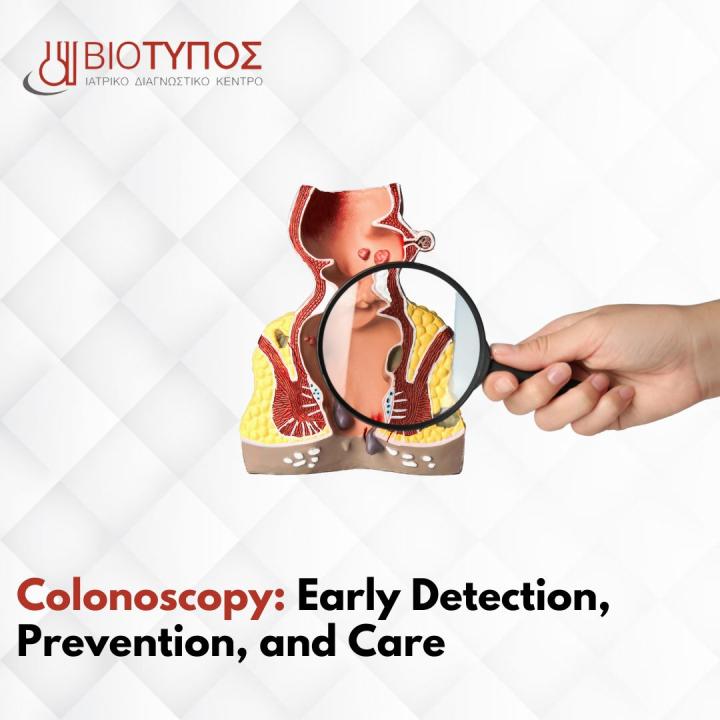
Colonoscopy: Early Detection, Prevention, and Care
What is a Colonoscopy?
A colonoscopy is a diagnostic procedure used to examine the large intestine (colon) and rectum. It's a vital tool in detecting abnormalities, such as polyps, inflammation, or even cancer, early on when treatment is most effective.
How Does it Work?
During a colonoscopy, a long, flexible tube equipped with a tiny camera is gently inserted into the rectum. This allows your doctor to view the entire colon on a monitor. If any abnormalities are spotted, they can be removed or biopsied (a small tissue sample is taken) during the procedure.
What to Expect
Preparation: Before the procedure, you'll need to follow a specific diet and drink a bowel cleansing solution to thoroughly clean your colon.
The Procedure: You’ll be sedated during the colonoscopy, so you won't feel any discomfort.
Recovery: Most people can resume their normal activities the following day.
Why is it Important?
Regular colonoscopies, especially after the age of 50, are crucial for early detection and prevention of colorectal cancer. Early detection significantly improves treatment outcomes.
Dispelling the Myths
There's no denying that the preparation for a colonoscopy can be unpleasant, but the procedure itself is painless when performed under sedation. Modern advancements in colonoscopy technology have made the experience much more comfortable.
Conclusion
While the thought of a colonoscopy might not be appealing, it's a valuable tool for maintaining your overall health. By understanding the procedure and its benefits, you can approach it with less anxiety. Remember, early detection is key to preventing serious health issues.
Schedule Your Colonoscopy Today or Ask For Treatment.




